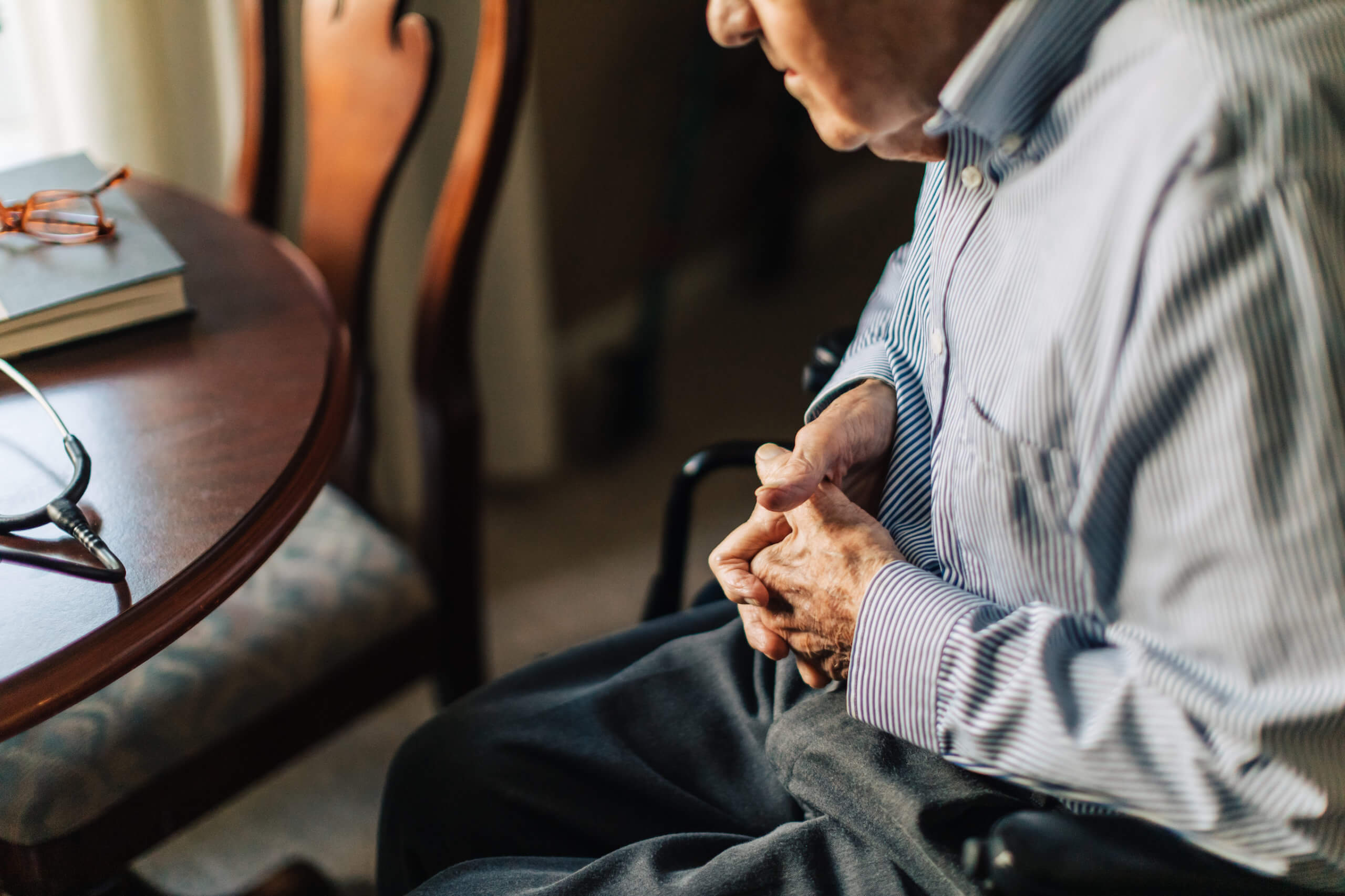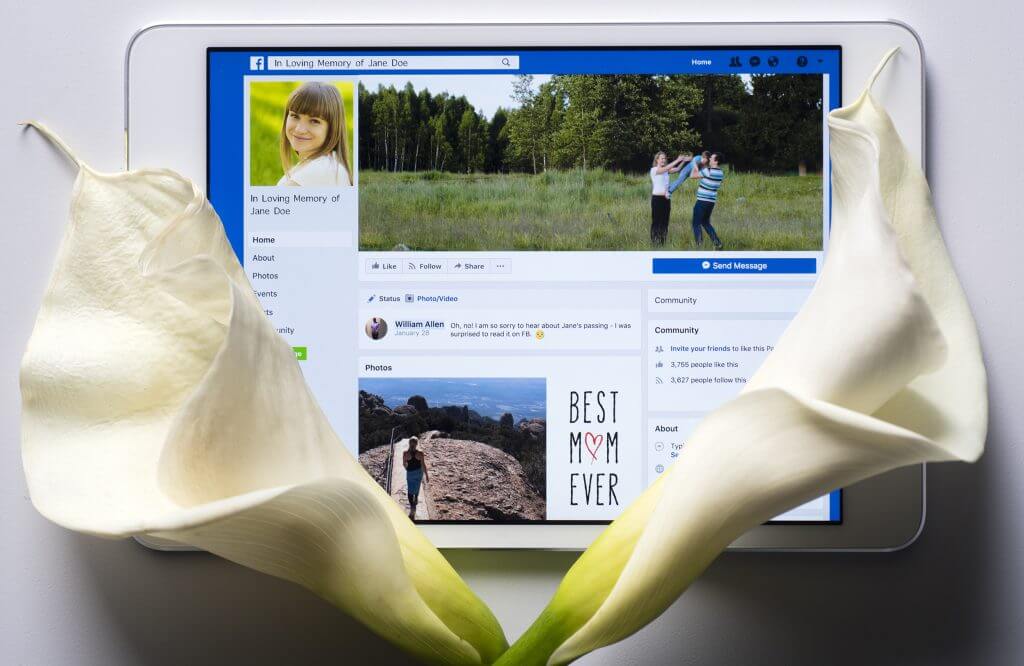In our commercial world, we’re subjected to displays of gifts, candy and cards for weeks ahead of a holiday. With technology today, there are even targeted ads on our phones and social media platforms that show us memories from past celebrations.
For someone struggling with grief, these aren’t always friendly cues to prepare for the holiday. They can be triggering reminders of how a loved one isn’t here anymore.
“We know significant dates like anniversaries, birthdays and holidays can be a challenge for those grieving the loss of an important person in their life,” says Merrin Bethel, a bereavement coordinator with Emmanuel Hospice. “Holidays like Father’s Day and Mother’s Day can be especially difficult after the loss of a parent.”
Parents are often the first to love and care for all of us. It can be painful mourning that unique relationship with someone who has known you since you came into the world. Around days dedicated to honoring parents, there can be multiple, conflicting emotions.
“You may be angry at the world for celebrating a day that highlights just how much the person you love is missing from the picture, all while wanting to be a part of the laughter and joy around you,” Ashley Huisman, another Emmanuel Hospice bereavement coordinator, explains. “Remember it is OK to feel more than one thing at once and none of these feelings are wrong. Give yourself the space to ride the roller coaster of emotions the day may bring.”
Quite often the anticipation of the day can be worse than the day itself. To help prevent anxiety, Huisman recommends making a plan A, B and C – or as many as you need – to find a sense of peace that whatever happens, you’ll be ready.
“Take a good inventory of yourself, your emotions and what you need out of the day,” Huisman says. “Maybe plan A is to be with friends and family, sharing memories and participating in planned activities. Maybe plan B is leaving the gathering early or skipping a part of the day all together because being with others may be a bit overwhelming.”
Acknowledging the day with a remembrance activity is another healthy way to cope.
“It’s common for people to wonder if the holiday should even be celebrated or observed after the loss of a loved one and what that should look like,” Bethel adds. “We invite people to do whatever feels best for their family.
“It’s great if you want to get birthday cake on your dad’s birthday or go out to dad’s favorite restaurant on Father’s Day. It’s healthy to continue finding ways to stay connected with a person we’ve lost.”
After the loss of a loved one, it’s also important to find support in family, friends and sometimes even the help of a professional to navigate what you’re experiencing.
“If possible, find a friend or other supportive person you can talk to honestly about the day,” Huisman says. “Let them know when you are having a hard moment or when you want to share a memory. Remember, you are not alone.”
For more information on coping with grief, Emmanuel Hospice is hosting topical three-session workshops through end of August. Held at 401 Hall St. SW in Grand Rapids, the in-person grief support events are free and open to anyone in the community regardless of whether they have a prior connection with the nonprofit or hospice care.
The organization also provides individual support to anyone who has suffered a loss. For more information or to RSVP for a workshop or group, email EHBereavement@EmmanuelHospice.org or call 616.719.0919.




